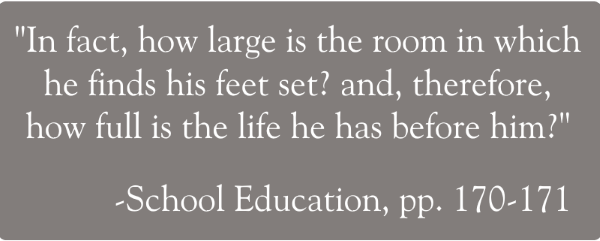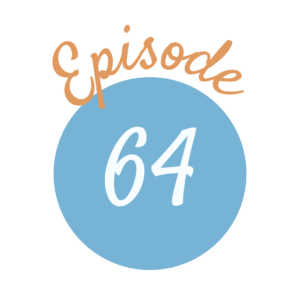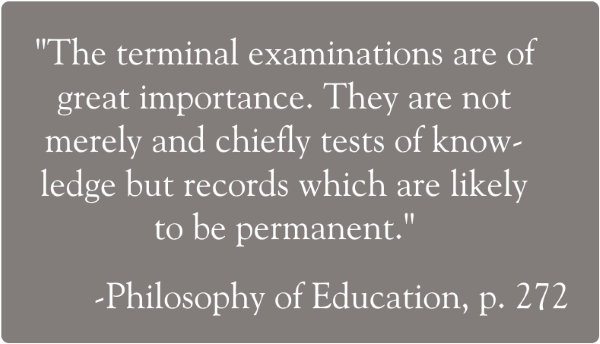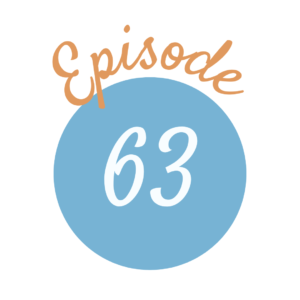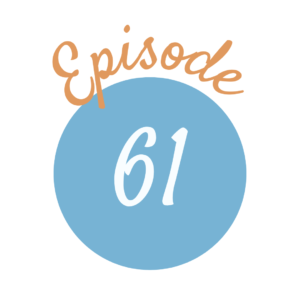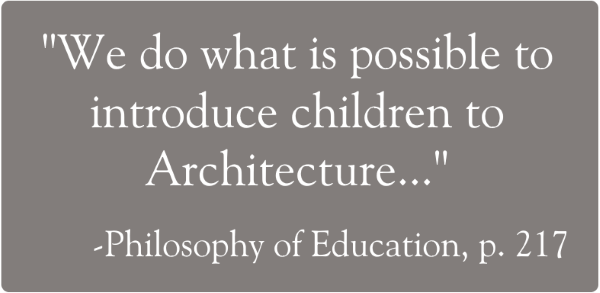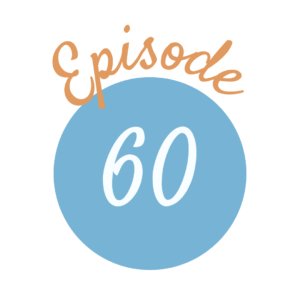
This podcast addresses listener questions about implementing a Charlotte Mason education. How do we teach multiple children at different levels, keep up with all the books being read, teach the subject of recitation, get our children to talk about what they’re learning?
Listen Now:
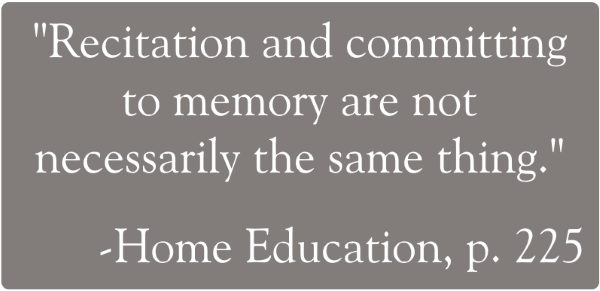

“When a child is reading, he should not be teased with questions as to the meaning of what he has read, the signification of this word or that; what is annoying to older people is equally annoying to children. Besides, it is not of the least consequence that they should be able to give the meaning of every word they read. A knowledge of meanings, that is, an ample and correct vocabulary, is only arrived at in one way––by the habit of reading. A child unconsciously gets the meaning of a new word from the context, if not the first time he meets with it, then the second or the third: but he is on the look-out, and will find out for himself the sense of any expression he does not understand. Direct questions on the subject-matter of what a child has read are always a mistake. Let him narrate what he has read, or some part of it. He enjoys this sort of consecutive reproduction, but abominates every question in the nature of a riddle. If there must be riddles, let it be his to ask and the teacher’s to direct him the answer. Questions that lead to a side issue or to a personal view are allowable because these interest children––’What would you have done in his place?'” (Vol. 1, pp. 228-229)
“Long ago, I was in the habit of hearing this axiom quoted by a philosophical old friend: “The mind can know nothing save what it can produce in the form of an answer to a question put to the mind by itself.” I have failed to trace the saying to its source, but a conviction of its importance has been growing upon me during the last forty years. It tacitly prohibits questioning from without; (this does not, of course, affect the Socratic use of questioning for purposes of moral conviction); and it is necessary to intellectual certainty, to the act of knowing. For example, to secure a conversation or an incident, we ‘go over it in our minds’; that is, the mind puts itself through the process of self-questioning which I have indicated. This is what happens in the narrating of a passage read: each new consecutive incident or statement arrives because the mind asks itself,––”What next?” For this reason it is important that only one reading should be allowed; efforts to memorise weaken the power of attention, the proper activity of the mind; if it is desirable to ask questions in order to emphasize certain points, these should be asked after and not before, or during, the act of narration.” (Vol. 6, p. 17)
“A small English boy of nine living in Japan, remarked, “Isn’t it fun, Mother, learning all these things? Everything seems to fit into something else.” The boy had not found out the whole secret; everything fitted into something within himself.” (vol. 6, pp. 156-157)

If you would like to study along with us, here are some passages from The Home Education Series and other Parent’s Review articles that would be helpful for this episode’s topic. You may also read the series online here, or get the free Kindle version from Fisher Academy.
Home Education, Part V, Chapter VIII

Recitation: The Children’s Art, Arthur Burrell
In A Large Room Retreat
TruthQuest History


